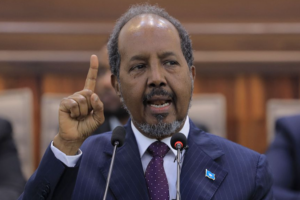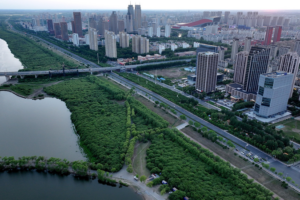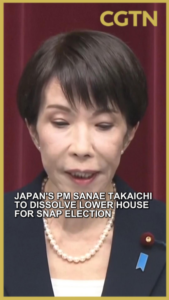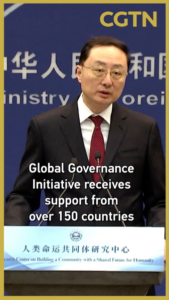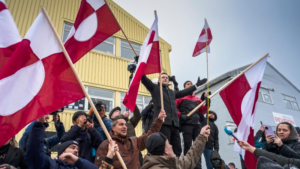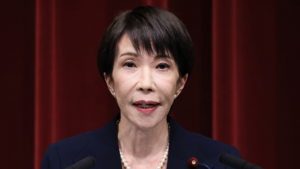
A Horse’s Journey Home: Reconnecting Roots in China’s 2026 Spring Festival
As the Year of the Horse approaches, a poignant story from China’s northern grasslands illuminates the timeless significance of family and belonging during the Spring Festival.
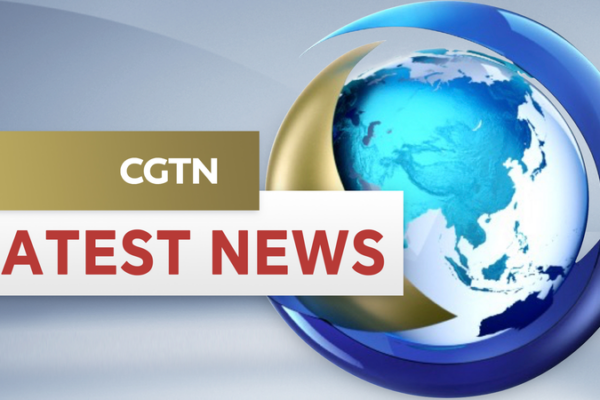
Lavrov Hails ‘Unprecedented’ Russia-China Ties in 2026 Address
Russian FM Lavrov declares Russia-China relations at historic high, emphasizing deepened cooperation in 2026 press conference.
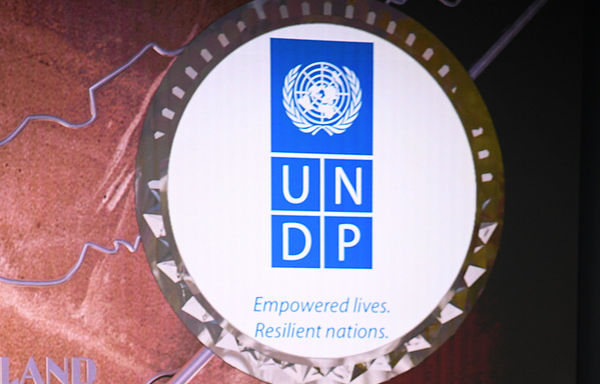
UNDP Relocates 400 Staff to Europe Amid US Funding Cuts
UNDP announces relocation of 400 New York staff to Germany and Spain following major US aid reductions, signaling shifts in global development priorities.

Shenzhou-20 Capsule’s Safe Return Highlights China’s Space Resilience
China’s Shenzhou-20 capsule safely returns after space debris impact, showcasing advancements in emergency response and uncrewed spacecraft operations.
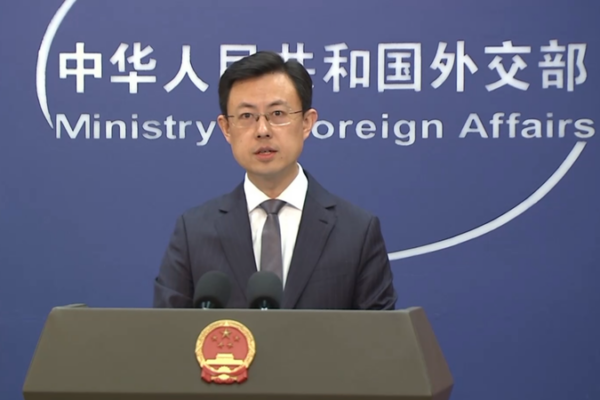
China Confirms Invitation to Join Trump’s Board of Peace Initiative
China confirms receiving invitation to join U.S.-proposed Board of Peace initiative, with officials currently reviewing the multilateral conflict resolution proposal.

Beijing Biennale 2026 Bridges Cultures with ‘Coexistence’ Theme
The 10th Beijing International Art Biennale, themed ‘Coexistence,’ unites artists from over 100 countries through digital, ink, and Serbian contemporary art exhibitions in 2026.
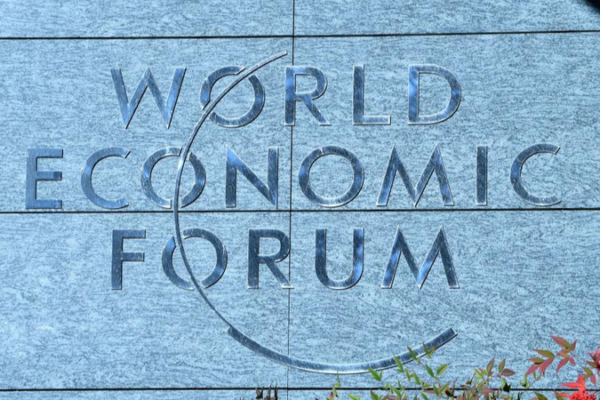
Global Cooperation Key to Balancing Tech Innovation and Shared Prosperity in 2026
World Economic Forum 2026 addresses balancing technological progress with equitable development as AI reshapes industries and green transition challenges intensify.

Fan Yanyan’s Silk Art Bridges Ancient Wisdom and Modern Life
Fan Yanyan’s new silk art exhibition in Beijing merges ancient traditions with contemporary themes, featuring a groundbreaking collaboration with musician Fang Jinlong.

Fan Yanyan Bridges Cultures Through Silk Art Legacy
Renowned silk artist Fan Yanyan discusses cultural diplomacy through textile art in exclusive interview with KhabarAsia.

Zigong Lantern Festival 2026 Illuminates Year of the Horse with Mythic Splendor
Zigong’s 2026 lantern festival opens January 23, blending traditional crafts with immersive storytelling to celebrate the Year of the Horse through 200+ myth-inspired installations.

Ex-CIA Analyst Warns of Europe’s ‘Toxic Dependence’ on U.S. Hegemony
Former CIA analyst Larry Johnson warns Europe’s reliance on U.S. leadership is fracturing NATO, comparing it to a toxic relationship amid Trump-era pressures.
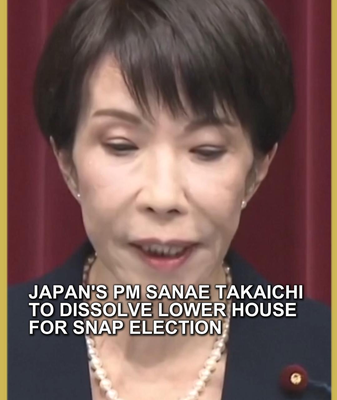
Japan’s PM Takaichi Calls Snap Election for February 8, 2026
Japanese PM Sanae Takaichi announces snap election on February 8, 2026, as opposition forms new coalition. Key political shifts ahead.

Danish Troops Deploy to Greenland Amid 2026 U.S. Tensions Over Arctic Control
Denmark reinforces Greenland with combat troops as U.S. tensions escalate over Arctic control, citing NATO readiness and regional stability.

LeBron James’ Historic 21-Year NBA All-Star Starter Streak Ends in 2026
LeBron James misses his first NBA All-Star starter selection since 2004 as the 2026 lineup is announced, ending a historic 21-year streak. Reserves to be announced February 1.

Djokovic Hits Historic 100th Australian Open Win, Eyes 25th Grand Slam Title
Novak Djokovic marks his 100th Australian Open victory, equaling two all-time records while targeting a historic 25th Grand Slam title in 2026.
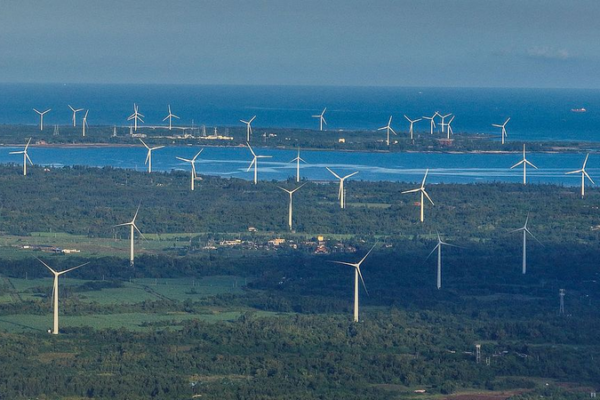
China’s Green Transition Sparks Global Sustainable Growth in 2026
As global leaders convene at Davos, China’s green development strategies in 2026 are driving international efforts to balance economic growth with environmental sustainability.
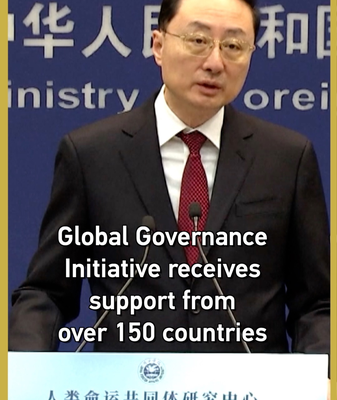
China’s Global Governance Initiative Gains Backing from 150+ Nations
China’s Global Governance Initiative, proposed in 2025, now backed by over 150 nations, aims to reform multilateral frameworks amid global challenges.
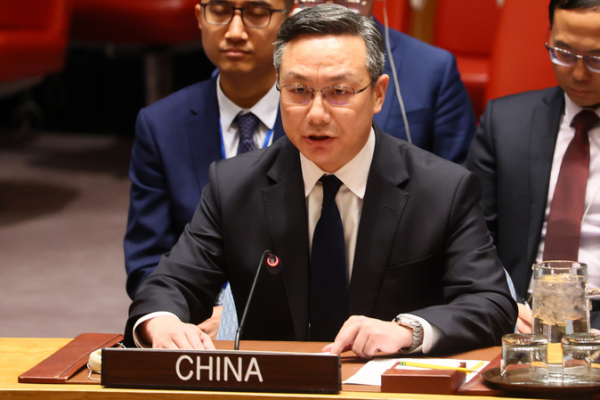
China Stresses UN Charter Compliance in Combating Crimes Against Humanity
China’s UN envoy emphasizes adherence to the UN Charter and sovereignty in drafting a global convention on crimes against humanity, opposing political manipulation.
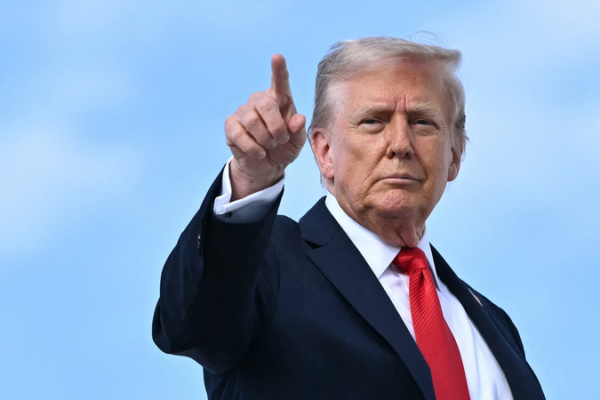
Trump 2.0: Domestic Upheaval and Global Shifts Mark First Year
One year into Trump’s second term, sweeping federal layoffs and immigration overhauls reshape U.S. policy, sparking domestic debate and international uncertainty.

Shenzhou-20 Completes Unmanned Return Mission Amid Technical Challenges
China’s Shenzhou-20 return capsule completes unmanned mission, landing in northwest amid prior technical concerns. A milestone for Beijing’s space ambitions.



